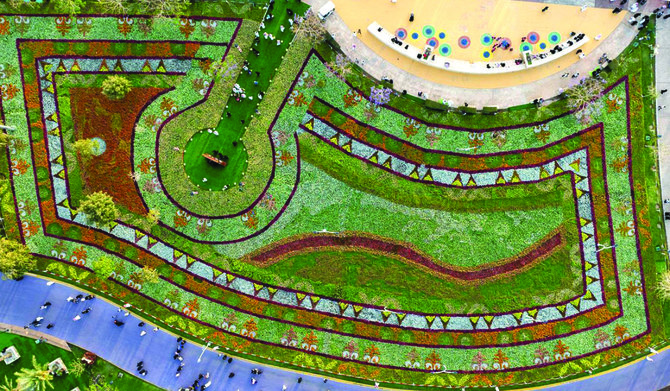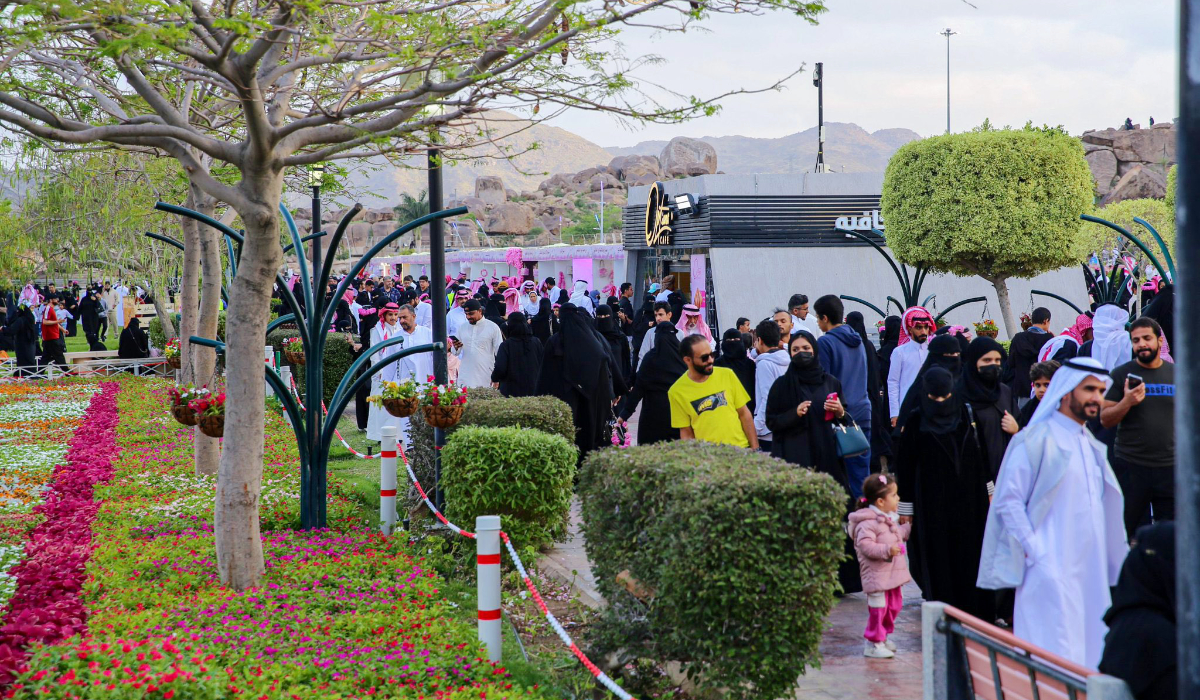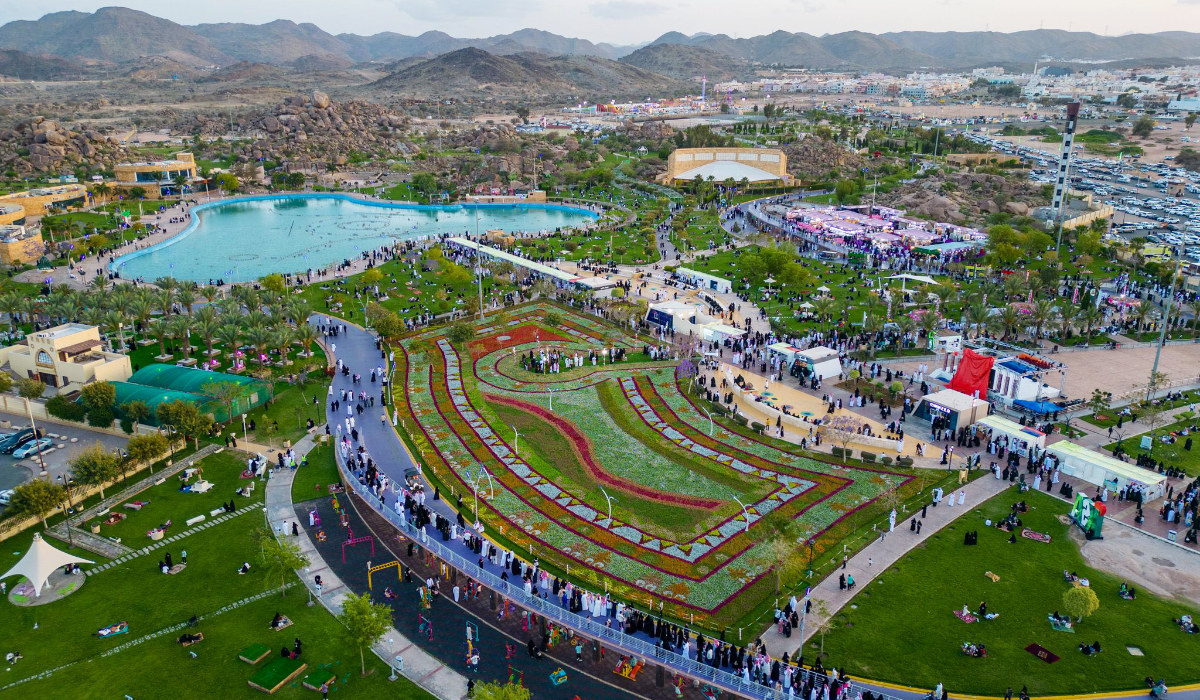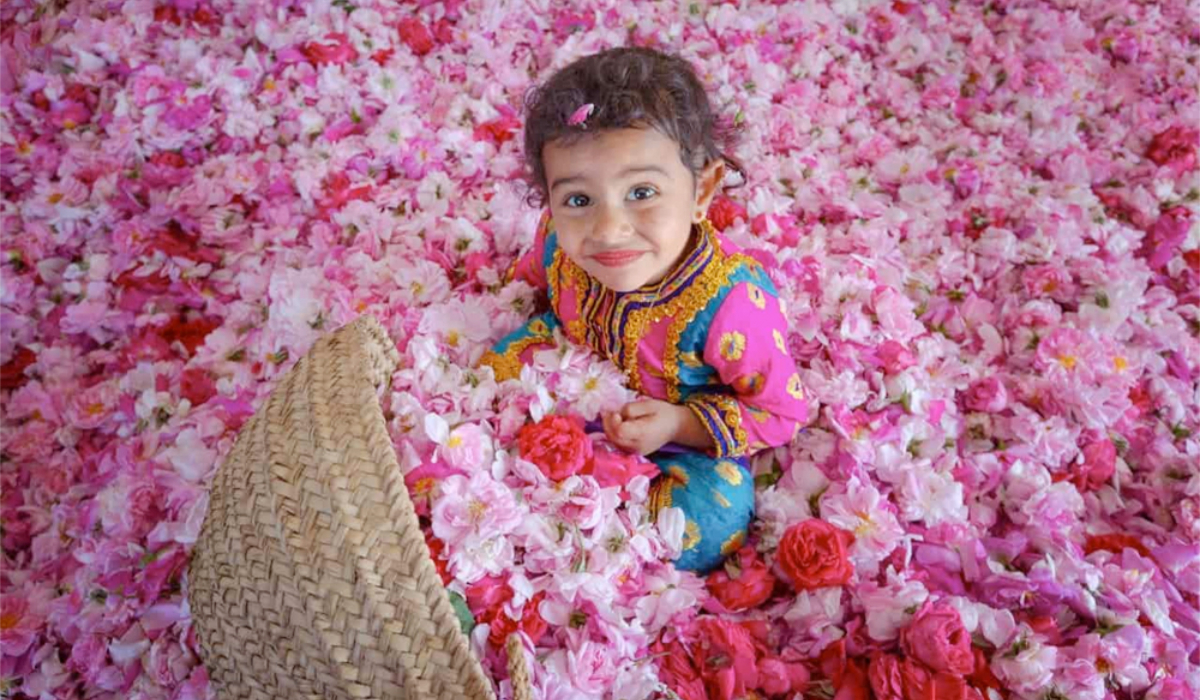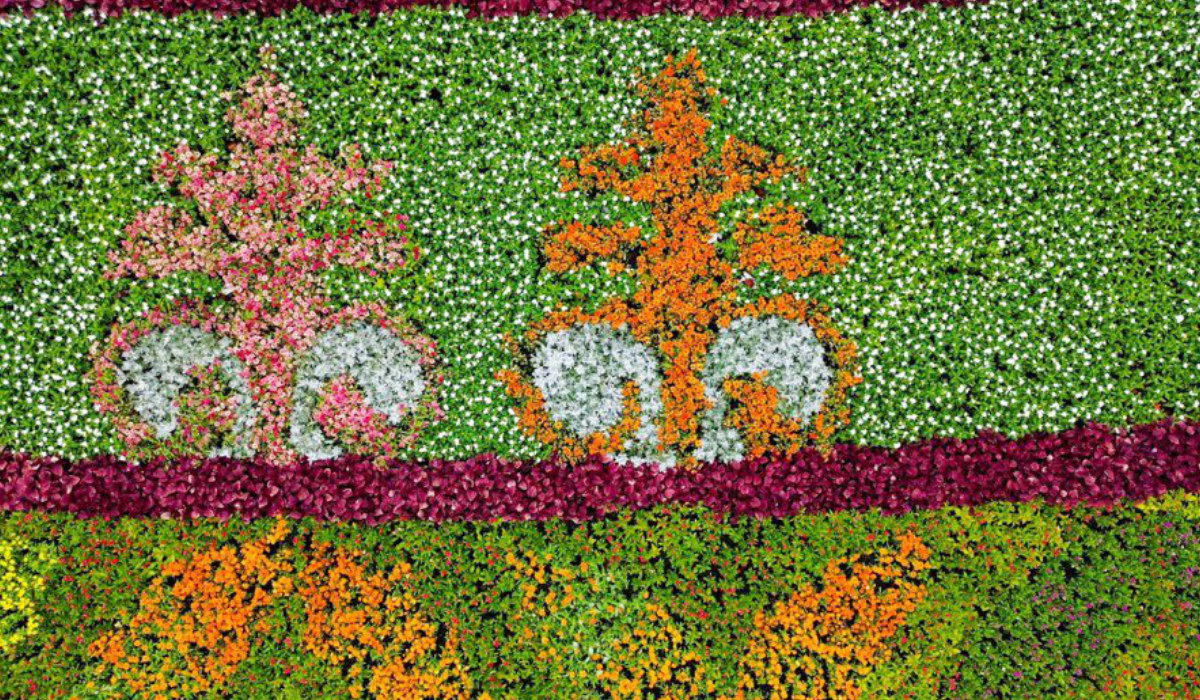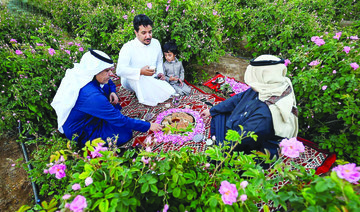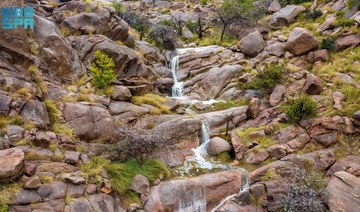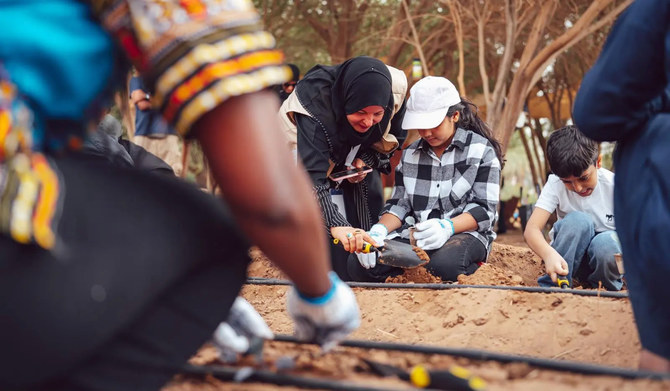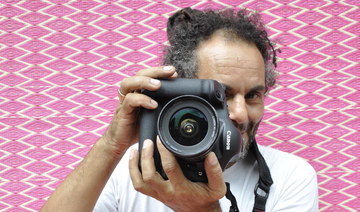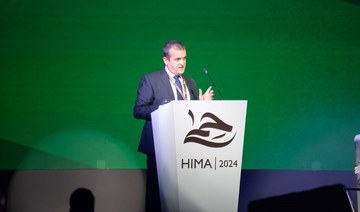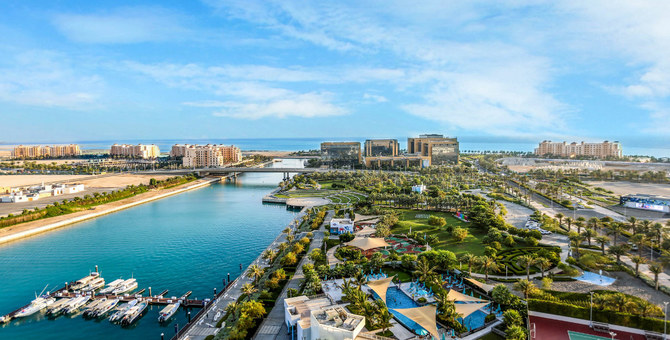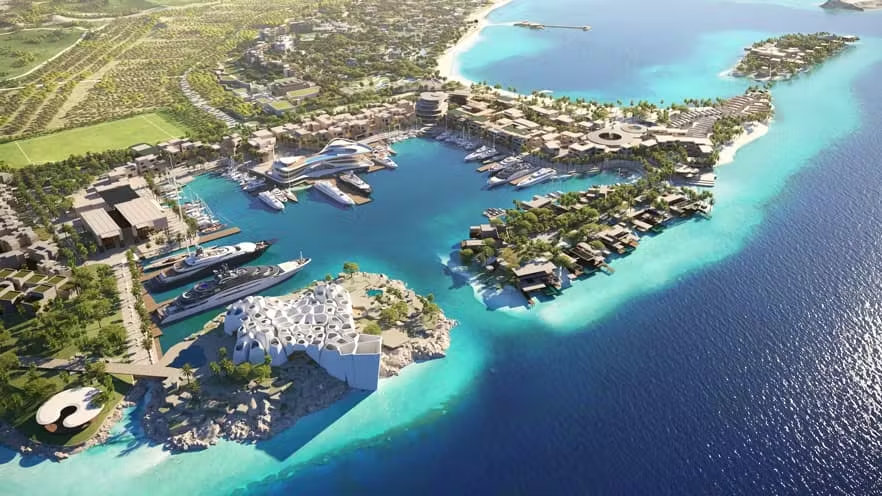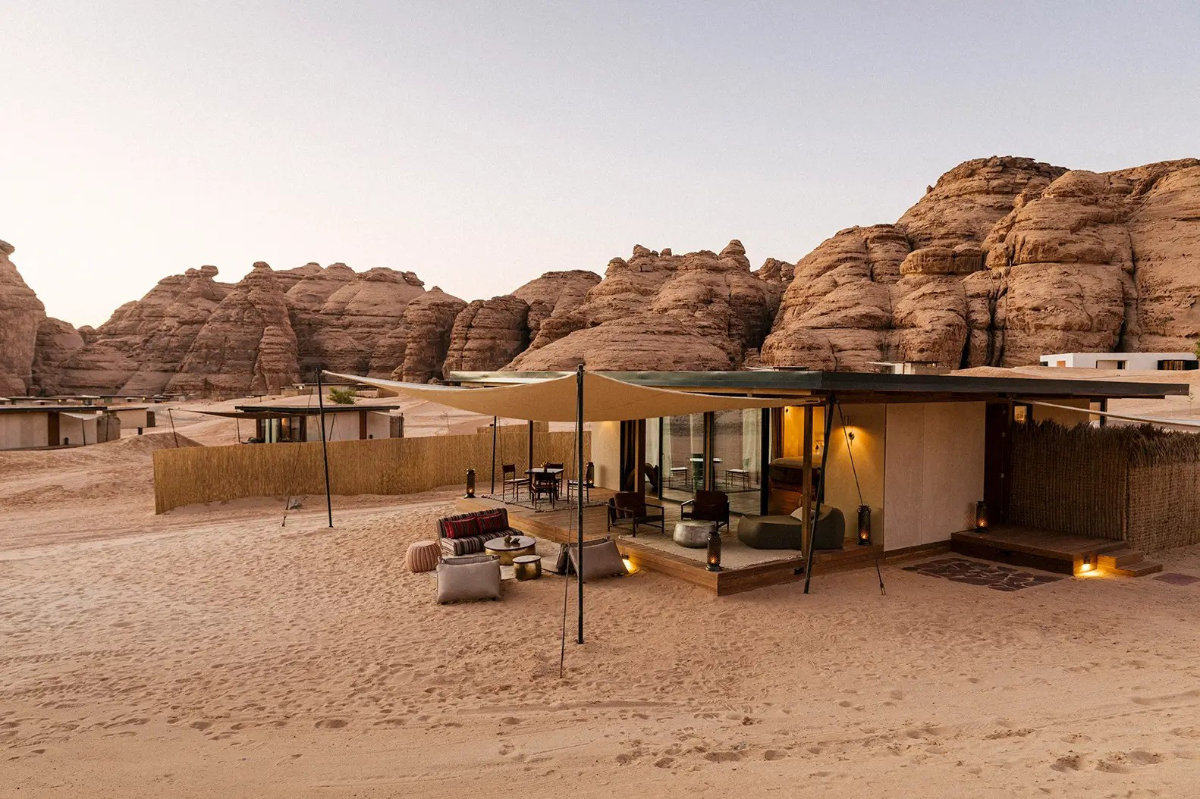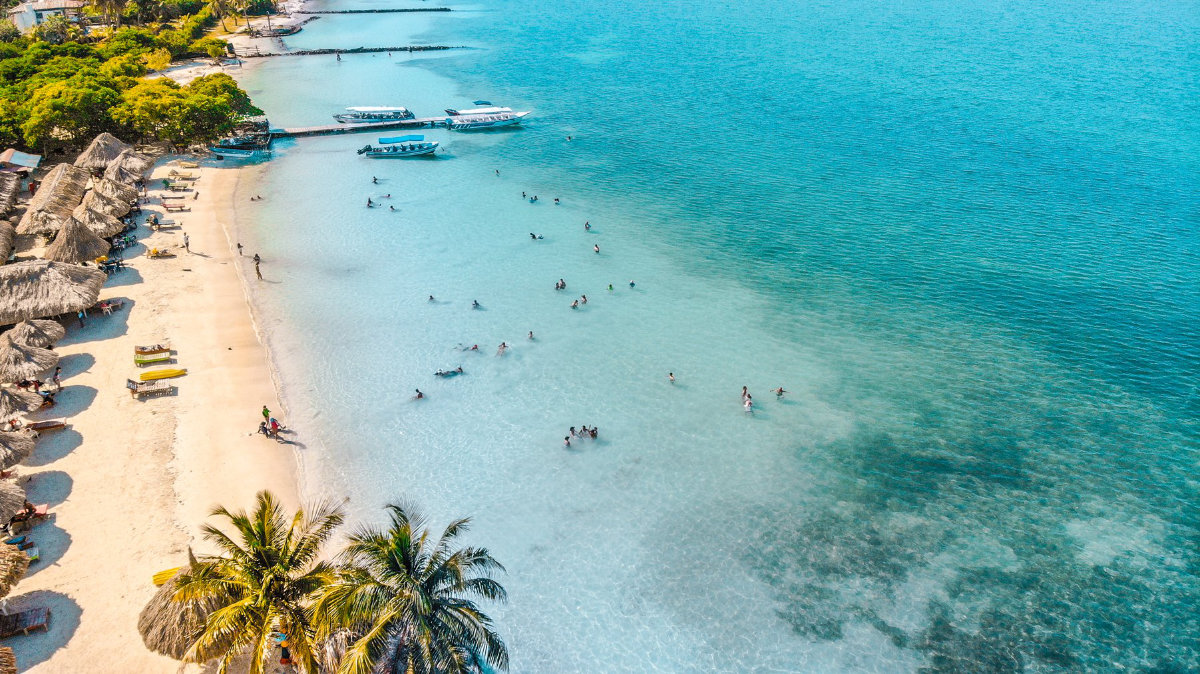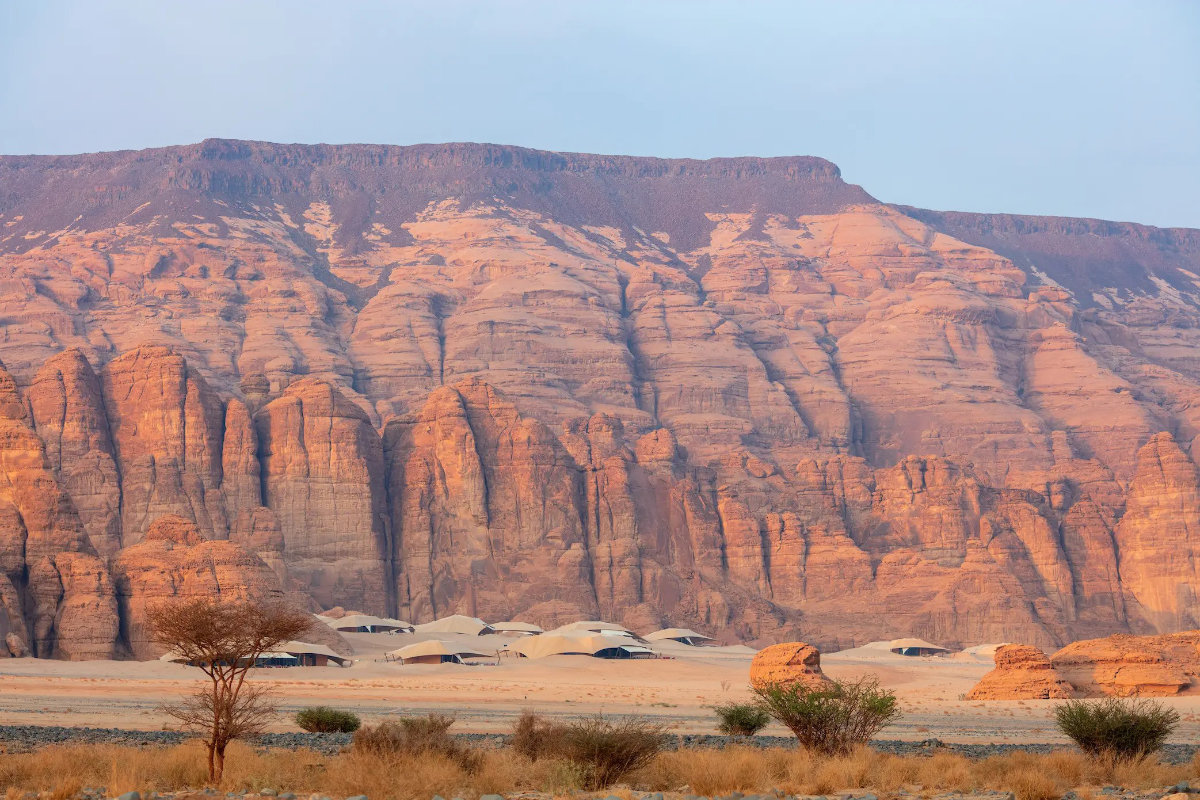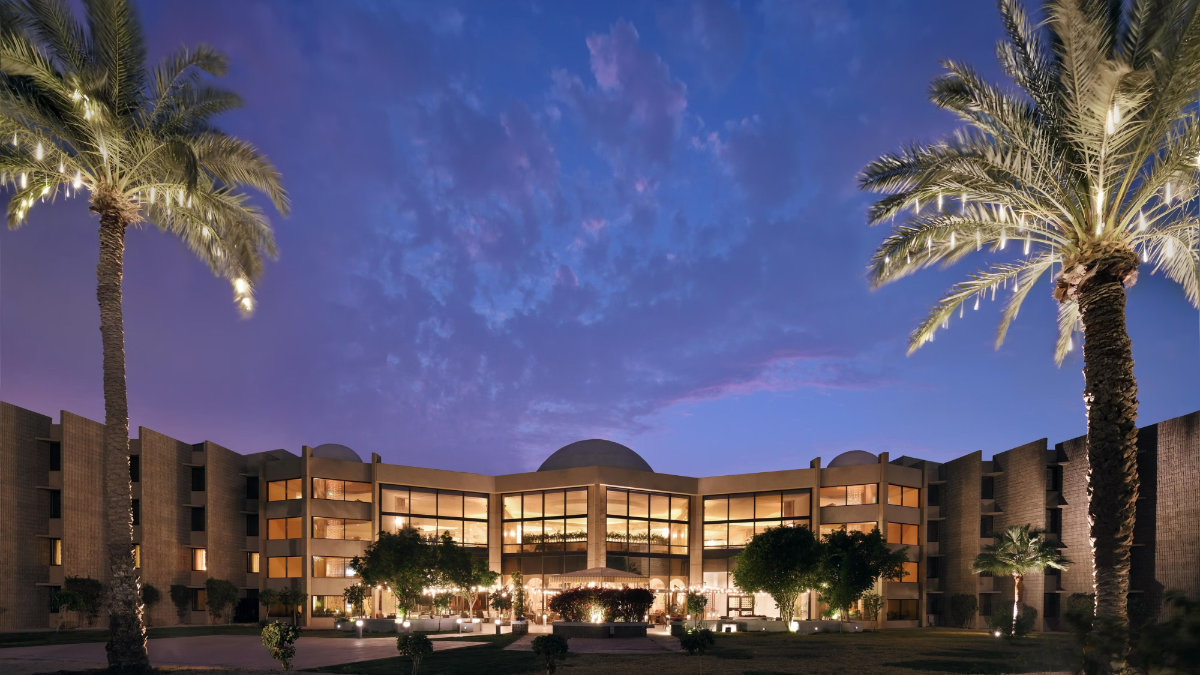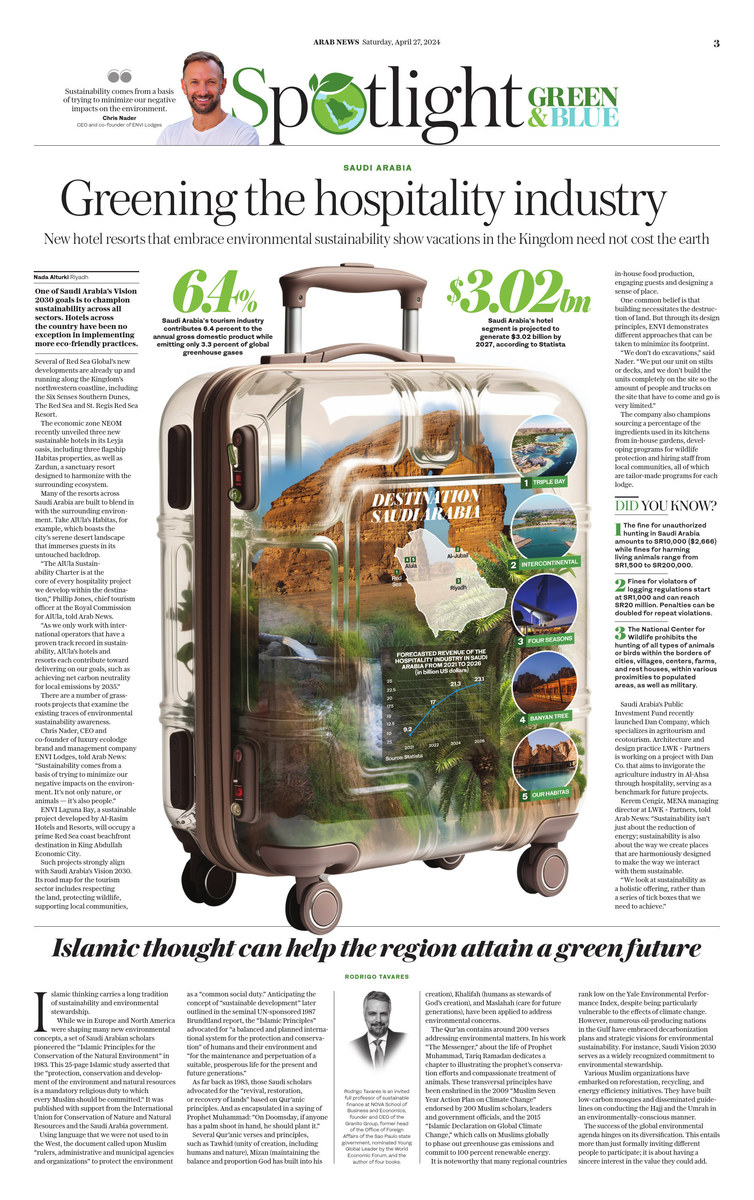DUBAI: For the more free-spirited traveler who wants to avoid the tourist trails this summer, check out some of the more unconventional destinations on offer at last week’s Arabian Travel Market
The light fantastic
LAPLAND
It’s most famous as the home of Santa Claus, of course, but Finland’s northernmost region is much more than just a kitschy seasonal holiday destination. For a true once-in-a-lifetime experience, the Kakslauttanen Arctic Resort offers glass igloos from which to view the breathtaking Northern Lights (on view for eight months of the year — August to April — from this fringe-of-the-wilderness resort on the road to the Arctic Sea) in one of the cleanest environments on the planet. If you want a bit more privacy than a glass dome offers, the rustic log cabins should do it for you. They have a mini glass igloo attached too, so you can still enjoy the midnight sun in the summer. If you want something a little more active than sightseeing, there’s hiking, mountain-biking and kayaking on offer, as well as horse or husky safaris.
It’s a good place to soak up some local culture too; the semi-nomadic reindeer-herding Sami people have inhabited the region for more than 100 years. And the resort is just next to Finland’s largest national park, Urho Kekkonen.
And if you still need your dose of kitsch, Santa’s Home (official!) is just a five-minute drive into the forest.
Ape adventures
UGANDA
With Rwanda doubling the price of its gorilla permits last year, neighboring Uganda — the only other place on earth you can see the magnificent apes in their natural habitat — has become increasingly attractive to nature lovers. It’s not just gorillas either. Uganda is home to 10 national parks and boasts some astonishingly diverse scenery — the sparse savannah of Kidepo Valley, the snow-tipped peaks of Mount Eldon on the Kenyan border, the northern shores of Lake Victoria, the Mabria Forest reserve, the awe-inspiring Murchison Falls, and more. You can see plenty of big game, if that’s your thing, a huge variety of endangered bird species, and monkeys galore. For a more cultural experience, take a trip to the home of the Echuya Batwa, commonly known as pygmies.
There’s a wide range of accommodation on offer too. If you’re on a budget and not too concerned about comfort, then opt for public transport and camping and you’ll spend very little. Of course, you can go the other way and choose luxury safari options too.
Street to sky
TAIWAN
New York might have been immortalized in song as “the city that never sleeps,” but Taiwan’s capital of Taipei puts up a persuasive argument for deserving that title. This place is buzzing in the daytime, but when the sun goes down things really take off. The renowned Shilin Night Market is a must-visit for shopaholics and foodies alike, while culture vultures will love the city’s burgeoning indie arts scene in the Zhongsan and Dongmen neighborhoods. Taipei offers a great range of accommodation too, from the classic Chinese style of the iconic Grand Hotel to hipster hangouts like Humble House (where you’re “not only a guest but also an artist in living,” apparently).
If that all sounds too much, Taipei also has plenty of less hectic attractions: Take a bike ride around some of its beautiful parks and ancient temples, visit the hot springs and geysers at Beitou, or head up Maokong Mountain to escape the rush of the streets. Alternatively, go full vertical and ride the world’s fastest elevator to the viewing decks of Taipei 101, the country’s legendary skyscraper.
Cream of the Caribbean
DOMINICAN REPUBLIC
As the rep at the Dominican Republic stand at the Arabian Travel Market pointed out, the country is ideally located for a Caribbean cruise holiday. But once you reach this place, you might decide against moving on. The republic is, the rep explained, home to “eight climates.” Its geographical diversity incorporates mountains, deserts, some of the world’s finest beaches and the stunning UNESCO heritage site of Santo Domingo, the capital, founded by Bartholomew Columbus (Christopher’s younger brother) in 1496. As you might expect, then, there is some stunning colonial architecture to be seen, particularly in the capital’s Zona Colonial — home to several of the New World’s “firsts” including the Catedral Primada de America, the oldest standing cathedral in the Western hemisphere.
But the Dominican Republic is by no means all about history. It’s a vibrant, chaotic treat, and a haven for culture lovers, from the highbrow — opera, orchestra, ballet, theater, avant-garde arts — to the pulsating nightlife and streetlife. The nature, too, is breathtaking: Humpback whales visit its northern shores every year, the protected Los Haitises forest is home to over 200 bird species, while dolphins and manatees regularly visit its waters. This country really does have something for everyone.
Here be tigers
BANGLADESH
It rarely features on the South Asian tourist trail, as Bangladesh continues to suffer from its media image as a place of natural disasters and political turmoil, but the country has a wealth of beauty, culture and comfort to offer travelers.
Its Arabian Travel Market brochure proclaims it “a country of rivers,” and they’re the cause of Bangladesh’s jaw-dropping, lush greenery. For outdoor types, this is a true haven — you can hike the rolling hills, dense forests and tea plantations of Srimangal or go bird- and snake-spotting in the freshwater swamp forest of Ratargul. The main draw for wildlife enthusiasts, of course, is the Bengal tiger. In the world’s largest mangrove forest, the UNESCO-protected Sundarbans, which Bangladesh shares with India, you can track these magnificent cats through the bleak beauty of the watery wilderness.
If you’re one of those people who thrive on the rush of sensory overload and hi-energy vibes that can only be found on city streets, you’ll love the bustling, colorful capital city, Dhaka. There’s history, architectural marvels and culture a-plenty (the stunning Pink Palace — Ahsan Manzil — will fill your Insta-feed for days), and, as you’d expect, some awesome street food to fuel your wanderings.











